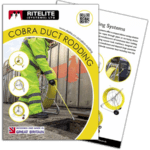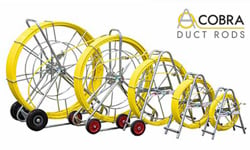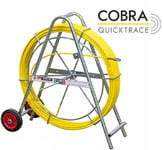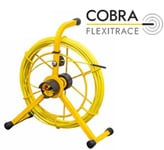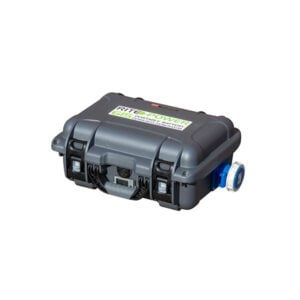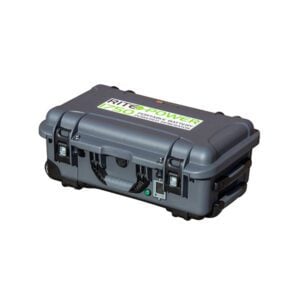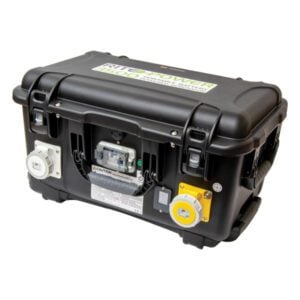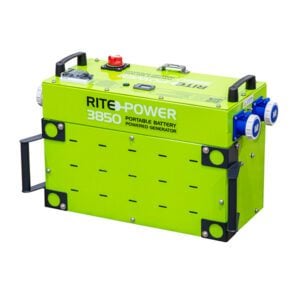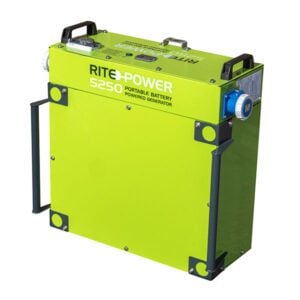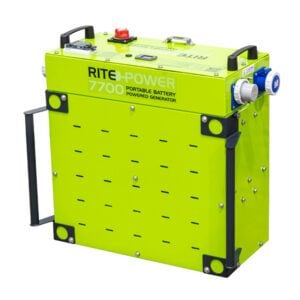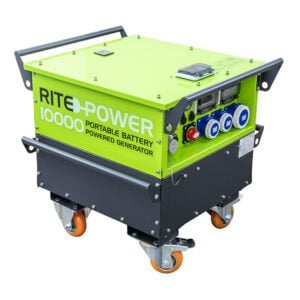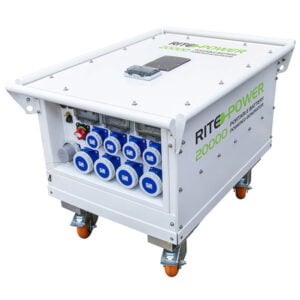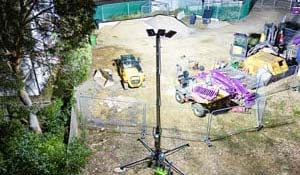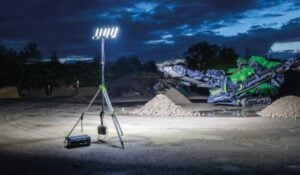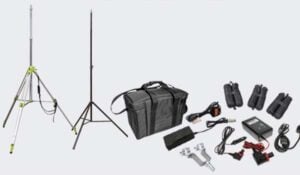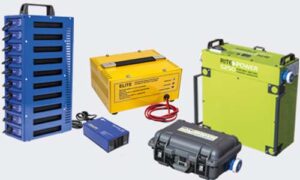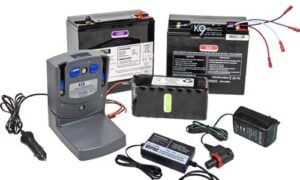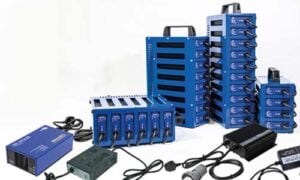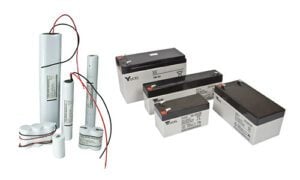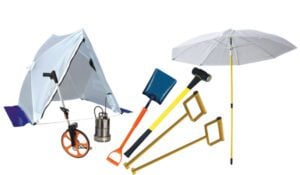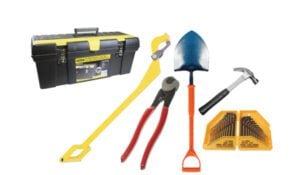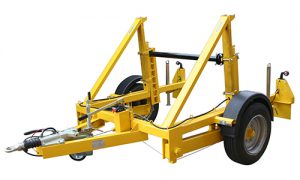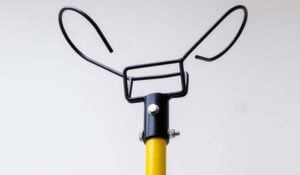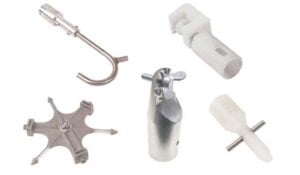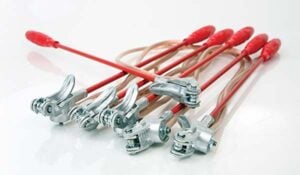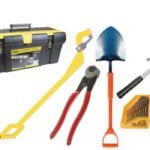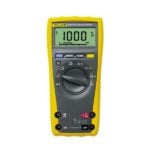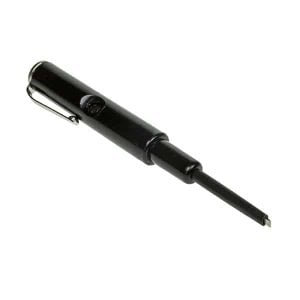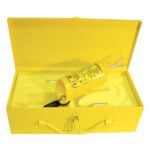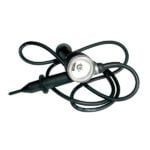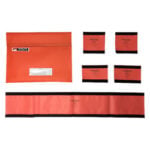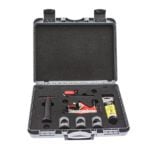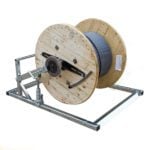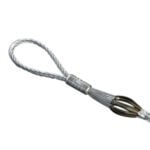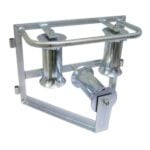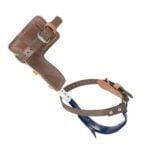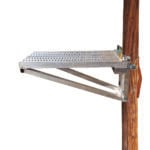Lithium-ion (Li-ion) and Lithium Phosphate (LiFePo4) Batteries Storage, Use and Care.
What are Li-ion and LiFePo4 batteries? what is the difference? and how are they different to Sealed-Lead Acid batteries?
Historically people are used to Sealed-Lead acid (SLA) batteries. Used in many applications to power a wide range of products from torches to vehicles SLA batteries have been reliable power sources for many years.
Recent technological advancement has however, in recent years, enabled Lithium-ion (Li-ion) and Lithium Phosphate (LiFePo4) batteries to become a common replacement to the SLA battery. Lithium batteries have a higher energy density which enables them to store more power at lower weights. Lithium batteries also have increased charge cycles ensuring they will last many years longer than SLA batteries if used and stored correctly.
At Ritelite we have been developing lithium battery solutions for our key products for over 5 years and now primarily use both types of lithium batteries as the power source in all our portable lighting products and RITE-POWER battery generators.
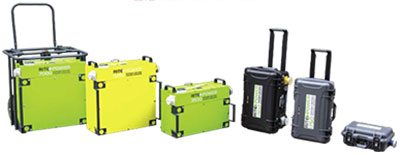
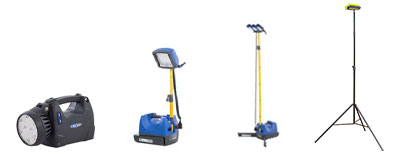
Benefits of using Lithium batteries

HIGH EFFICIENCY
Efficient, reliable power. Cheaper to recharge using less energy compared to SLA.

LIGHT WEIGHT
Compared to an SLA battery, Lithium batteries offer users a lighter weight, an added advantage when using portable products that need carrying a distance.

LOW SELF-DISCHARGE
Lithium batteries retain charge well ready for use when needed.

LONG SERVICE LIFE
Lithium batteries are designed for many years of use offering a greater number of charge/discharge cycles when compared to an SLA battery.

IN BUILT BMS PROTECTION
Ritelite’s Battery Management System (BMS) fitted to our range of RITE-POWER battery generators protect the batteries from excessive operating temperatures, over charging and over deep discharge protecting and extending battery life.

NO MEMORY EFFECT
Lithium batteries can be charged at any point without harming the battery and without complete discharging being required.
How to transport Ritelite products containing lithium batteries.

All Ritelite products that are powered by lithium batteries have been designed to be used in tough working environments that customers need portable and mobile lighting for including railways, construction sites, remote working areas. The products are robust, strong and built to last. The batteries within these products are securely stored and protected and safe to transport.
When transporting by road within the UK by vehicle the driver should be aware that they are carrying products containing lithium batteries. No specific licence is required under ADR regulations unless you are carrying a large weight (over 333kg of lithium battery weight (batteries only not products as well)) and our experienced logistics staff will be happy to help customers in individual situations if they do need further advice. Products should be securely stored within a vehicle to prevent any movement when in transit.
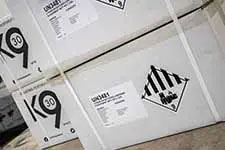
It is recommended that any driver carrying lithium products keeps a 2kg dry power fire extinguisher in the car in case of a small engine fire to try and put the fire out (and prevent the lithium batteries catching light). If there is any chance of the lithium batteries catching fire the vehicle should be abandoned immediately and a cordon put in place with the emergency services informed as soon as possible.
Always check all national and international regulations before transporting a product containing a Lithium battery outside the UK.
Transporting damaged or end of life batteries may be specifically limited or prohibited depending on country.

How to store Lithium batteries

Lithium batteries perform best if stored at room temperature in a dry location. Ideally we would recommend customers store between 5 °C and 20 °C (41 °F and 68 °F).
NOTE. The battery self-discharges during storage. Higher temperatures (above 20 °C or 68 °F) reduce the battery storage life.
To maintain battery life keep the product charged over 30% at all times, ideally at around 50% capacity. Lithium batteries slowly self-discharge when not in use or in storage so be sure to regularly check the battery’s charge status if storing for a long period of time.
What is the average life of a lithium battery?
The estimated life of a Lithium-ion battery is between 300-800 cycles (a discharge and then a recharge) but this varies depending on depth of discharge and temperatures in use . Lithium phosphate (LiFePO4) batteries have a higher amount of charge cycles of 2500-5000 but are less energy dense than Lithium-Ion batteries. Note – a lithium battery will still work as it ages and the cycles increase but will show a reduction in performance as it gets towards its end of life.
A charge cycle is considered to start from the first use of the battery when fully charged right through until the battery is fully discharged and then fully recharged again. The less the battery is fully discharged and/or fully recharged will improve the number of cycles it achieves.
The average life of all Lithium batteries is, however, affected by a number of different factors including the depth of discharge before recharge and the environment it has been used in.
Customers should consider replacing a Lithium battery in a product when
- The product run time drops regularly to below 80% of original run time
- The Battery charge time increases significantly when used with same charger
If you would like to replace your Lithium battery in your Ritelite product please contact the Sales office on 01780 758585 for a quote
Please note that only replacement Lithium batteries supplied by Ritelite (Systems) Ltd will work with all Ritelite products.

How long does a lithium battery take to charge?
The charge time will depend, as with all batteries, on the capacity of the battery and the charger that is being used.
It is important that all Ritelite products are ideally charged after use so they are ready for next time they are needed and regularly if not likely to be used for a long period of time to ensure the batteries always remain over 30% charged.
Ritelite has battery charging solutions offering a range of charge times to meet customers requirements. Our sales team will be happy to advise on the best charger for any product contact us.
For all lithium battery powered products it is important that they are not charged under 5 degrees Celsius to prevent deterioration of battery life.

Can I use a charger from another manufacturer to charge my Ritelite products?
Ritelite batterychargers are designed specifically to the products themselves with the correct software for charging and managing the battery to ensure optimum performance. Using a different charger from a different manufacturer could potentially reduce the life of your battery and cause other damage or even malfunctions so we would only recommend using the charger supplied by Ritelite with your Ritelite product.
Always follow the charging instructions provided with your product. Refer to your product’s user manual and/or contact the Ritelite technical team directly for more detailed information about charging any of the batteries that we supply.
Precautions to remember when using products containing Lithium batteries

- DO NOT short the battery terminals
- DO NOT reverse connections (polarity) from charger to battery
- DO NOT over charge or over discharge
- DO NOT operate battery beyond the published voltage, current and temperature limits
- DO NOT use if battery casing is cracked or damaged or batteries show any sign of swelling or smoking
- DO NOT immerse in any liquid
- DO NOT heat, incinerate, crush or dissemble
- DO NOT throw, hit or drop
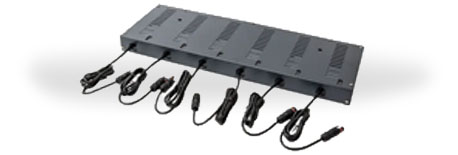
What happens if a battery is damaged?

If you notice that the battery in your Ritelite product is damaged, has swelled up or is leaking action should be taken immediately.
Do not touch any leaking fluids. Dispose of as below.
Wear gloves to prevent skin irritation to hands.
If you do come into contact with any fluid in your eyes do not rub eyes. Immediately flush eyes thoroughly with water for at least 15 minutes, lifting upper and lower lids, until no evidence of the fluid remains. Seek medical attention.
How do I dispose of lithium batteries?
Damaged batteries should not be touched with bare hands as electrolyte may leak out, causing skin irritation. Damaged batteries are best stored in a safe place outdoors with the connection contacts taped over before being disposed of in line with local regulations.
The disposal and recycling regulations vary by country and region.


